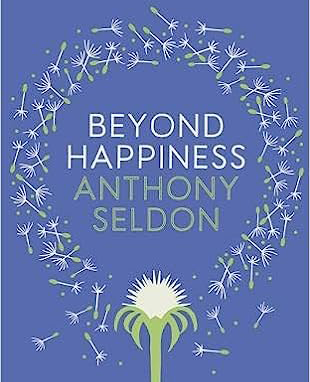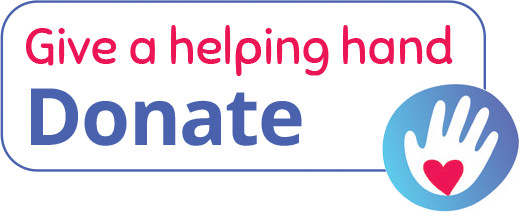Sea Swimming and the Friends
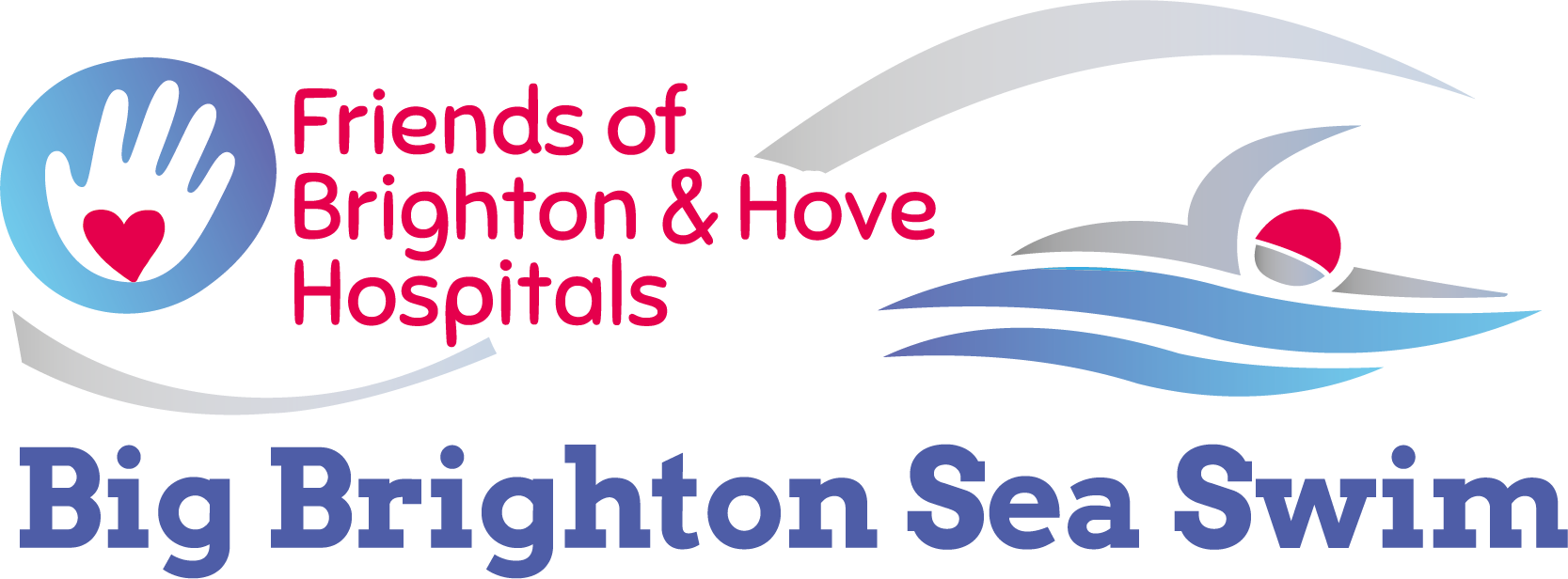 Sea swimming is something we are getting more and more involved with. There are clear health and well-being benefits, and because of its increasing popularity, it presents us with excellent partnership and fundraising opportunities. When the hospital site which is now the Royal Sussex County Hospital opened in 1828 it was called the Sussex County Hospital and Sea Bathing Infirmary, so we have a long history in this area and will build on it in the coming years.
Sea swimming is something we are getting more and more involved with. There are clear health and well-being benefits, and because of its increasing popularity, it presents us with excellent partnership and fundraising opportunities. When the hospital site which is now the Royal Sussex County Hospital opened in 1828 it was called the Sussex County Hospital and Sea Bathing Infirmary, so we have a long history in this area and will build on it in the coming years.
Chris Rendel, Chair Friends of Brighton & Hove Hospitals
Local Consultant Anaesthetist and Brighton Swimming Club member, Dr Mark Harper is something of a guru when it comes to cold water swimming. He’s a founder member of SeaSure, a Brighton-based community interest project that was created to encourage people who may not get the chance to safely enjoy the sea and its amazing health benefits.
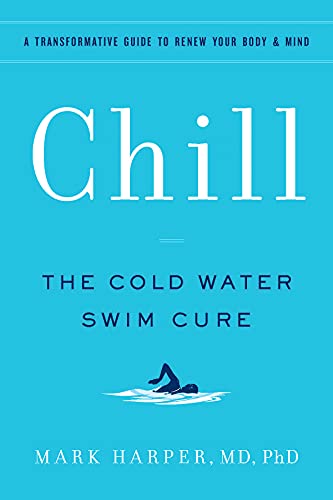 Mark talks more about this in his video or read his book ‘Chill – The Cold Water Swim Cure’ available from Kemptown Bookshop and City Books.
Mark talks more about this in his video or read his book ‘Chill – The Cold Water Swim Cure’ available from Kemptown Bookshop and City Books.
Submersion in cold water is widely believed to have the following positive effects:
- Teaches your body to deal with stress
- Slows your heart rate down
- Improves your cardiovascular system and lowers blood pressure
- Reduces inflammation in the body
- It may promote a better night’s sleep
- It builds confidence and improves mental well-being
Our partners Ocean Set offer a range of fitness sessions specifically for swimmers.
They run group swims to help swimmers prepare for our Big Brighton Sea Swim, as well as giving training guidance and support.

In 2021 and 2022 we funded sea swimming courses for NHS staff with Ocean Set which have been incredibly well received.
“I just wanted to say thanks again for arranging the sea swimming course. It really helped me gain confidence sea swimming. I’ve now made it a regular habit to make it down to the sea during a work day. I find I can cope with almost anything after a bit of a swim – it really clears my head – so I’m sure I work a lot better for it. Hopefully I will keep it up as the weather gets a bit harsher!”
Kate, midwife RSCH
Dr Rob Galloway and the dangers of ultra-processed food
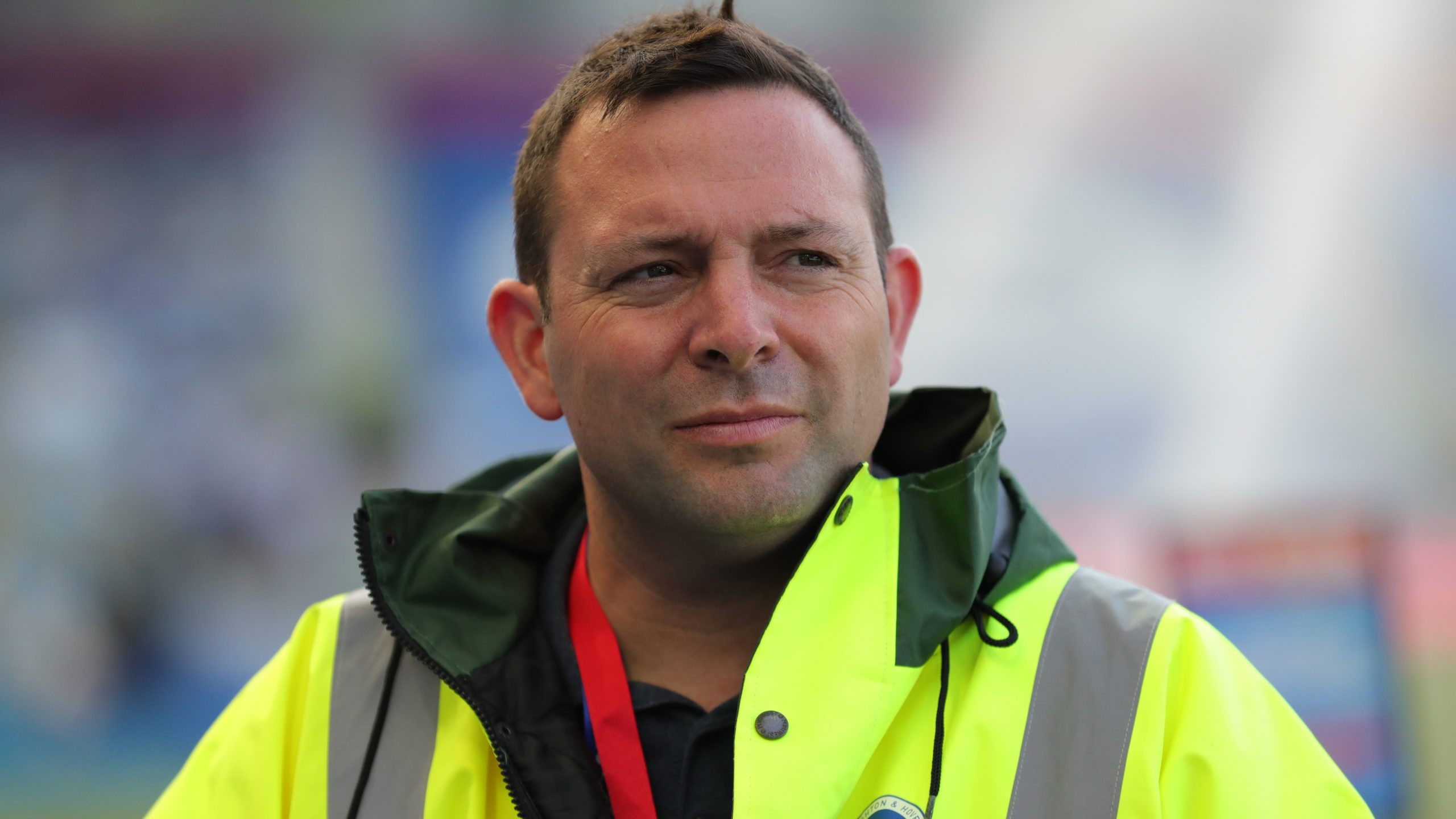
Recently, a landmark paper was published which shows the reality of the dangers of ultra-processed food. A metanalysis in the British Medical Journal brought together all the evidence on the risks of ill health by consuming ultra-processed food. For this week’s mail health column, I reviewed the evidence and its convinced me to do everything I can to eat more healthily.
Some will say that it is just correlations and it’s not definitive proof. But these were the same arguments used by the tobacco industry to delay the regulations and curtailment of smoking.
To me the evidence is clear. Ultra-processed food and especially the junk ultra-processed food such as chocolate bars, crisps, sweets, Coca-Cola like drinks and high fat/sugar fast foods is literally killing us.
It’s not just physical damage its doing to us with increased risks of cancer, obesity, heart disease and diabetes but mental health damage with increased risks of depression and anxiety.
Its addictive, cheap and so readily available. In fact, in so many places from leisure centres to hospitals (when the canteens are closed) the only food available to buy from vending machines is junk rubbish
Many people can hardly afford to feed their family and so we shouldn’t criticise those who feed their families on affordable and delicious but ultimately long term damaging food. Therefore, we need the state to step in like they did with smoking.
Make healthy food cheaper with subsidies and tax the demand out of junk food. Make food choices easier with healthy food being available readily. This way we can really get a change in the health outcomes of our population.
What I am saying may sound like preaching and nanny statism. But I am fortunate and very grateful @DMAILhealth @MailOnline @health_justine that I am able to write these columns and have this platform.
So I am using it to not only to unpick and remove fiction from fact in the incredibly complicated world of medical research, but also to attempting to give sensible health advice which can improve people’s well-being,
Some things I write are not always popular and opinions vary. However, the columns are always written with the best intentions and with what I believe to be true, with prejudice, conflict of interest or bias. This goes for this article and I hope after reading it, you too may also decide that now is time to dump the junk food.
Do you snore or sleep next to someone who does?
Is it…..
💤 affecting your sleep
😡 putting a strain on your relationship
🧠 making concentrating during the day difficult?
We all know that sleeping next to someone who snores can result in bad sleep for both you and them.
Being just a few kilos overweight or having a neck 16” or larger increases the chance of fat pushing down on your throat, which can cause snoring. This is because the fatty tissue around your neck squeezes the airway and prevents air flowing out freely.
Here are 5 ways you (or your partner) can combat snoring just by slightly changing what and when you eat.
- 🍽 Avoid eating just before bedtime. When your stomach is full, it can push up against your diaphragm and affect your breathing.
- 🧀 Avoid eating dairy or drinking milk near to bedtime. It can leave a layer of mucus in your nose and throat. Mucus can block the airways and make snoring worse.
- 🐠 Eat more fish. Fish has a high protein and omega 3 content which helps to prevent the mucus creation in the first place.
- 🚰 🥦 Drink enough water and eat lots of fresh vegetables and some fruit. Dehydration creates a thick mucus in the mouth and throat which can then ‘stick’ together and cause snoring. Drinking water and eating fresh vegetables and fresh fruit helps you to stay hydrated.
- 🍺 Avoid alcohol for at least 2 hours before bed. Alcohol can cause the muscles in your nose and throat to relax more than normal which can obstruct the airways.
(As a rough guide, men should consume around 2.5-3 litres of water day, women around 2 – 2.5 litres.)
These 5 simple things just require a slight adjustment in how you do things, but can have a really positive impact on happiness and quality of life.
If you’re a busy male professional aged 40 – 65 and you feel you need to lose a bit of weight and finally sort out your health once and for all, you can book a free 30 minute consultation with me via my website here:

Or you can get in touch with me via
Mobile: 07788 131366
Email: katie@theleanrebalance.com
Website: www.theleanrebalance.com
Optimising our health and Wellbeing by Sally Gunnell

When I was training my diet and exercise programmes were rigid. At the time, many people were perhaps not aware that my mental health was just as important. I was lucky I had an amazing team around me.
Thirty years later I take it all just as seriously, but I have learnt to be human. Raising three boys meant I needed to adjust everything, and whilst I am still dedicated to my health I adopt the 80/20 rule and allow myself some slack. I have been lucky with my health but it’s not something I take for granted. If we are to stay well for longer and recover more quickly when we do hit bumps in the road we need to remain consistent with the work.
My top tips include:
Diet
By reducing our refined sugar, alcohol and coffee intake we reduce the acid in our bodies. And by eating a wholesome diet we keep our body’s pH alkaline. Juicing vegetables daily is a great way of achieving this, and it’s delicious! Another way is by cutting down on processed foods (cans, ready meals, fast food, etc) but always remember to be human – it’s about the 80/20 rule.
Alkaline body pH
Commonly, people with many diseases of the body will exhibit an acidic pH (6 or lower). A lower pH prevents blood cells from delivering oxygen to tissues; instead of running on oxygen, tissues then turn to sugar fermentation for their energy supply.
Get some pH test strips for urine and see how you measure up! They’re easy to use, informative and cheap. If you are acidic, keeping a food journal could be a first step to taking stock of what is going into your body, and what is causing your system to turn acidic.
Breath
Your cells require oxygen (O2), and ozone therapy adds it to your blood stream by letting blood, mixing it with ozone (O3), and feeding it back in. Ozone helps the immune system to eliminate parasites, viruses and bacteria, and it also enhances oxygen uptake into our tissues.
Breathing exercises (or exercise in general) achieve the same result: increased oxygen intake and metabolic availability. This is something everyone can do. Taking deep belly breaths. Babies do this effortlessly. Watch their bellies rise and fall; it’s a great example of expert belly breathing!
Exercise
Even 30 minutes’ exercise a day makes a difference. We all know it helps us but sometimes we find any excuse not to do it. Exercise is part of who I am, but there are still days when I don’t really want to. Rarely do I feel worse after exercise, however. Finding something you enjoy is vital, and so is mixing things up so you don’t get bored. I find holding myself accountable helps, as in signing up for something and having to pay in advance. Whatever gets you moving, do more of it!
Hydration
Water is necessary for us all, and some people drink surprisingly little. The target is at least 72 fluid ounces (just over two litres) a day, but I tend to drink more than that. When we are hydrated we think better, sleep better and our body moves better. Water is also beneficial for the liver, which is constantly working hard to eliminate toxins. By staying hydrated we help the body to do its best to keep us well.
Sleep
Eight hours a night is what we’re told we need, but good quality sleep is more important than the amount we get. Being able to switch off before bed helps us get into a better sleep pattern, as does trying not to eat too late. I tend to eat only between 10am and 7pm. and this works for me. Finding out what works for us is vital, as the more anxious we get about it the less we’re likely to get that all-important quality sleep.
Fresh Air
Getting outside as often we can is important for our wellbeing. Some people use meditation to reconnect with themselves, but for me it’s getting outside and embracing the amazing countryside we have around us in Sussex. Whether I’m by the sea or on the Downs I know it will always lift my spirit, and there are many other benefits to getting in the fresh air and simply moving the body.
Mindset
I am very aware of how the world around us affects our mental health. Whilst nobody is invincible, I am a huge believer in our ability to acknowledge our fears but not become them. It’s not always easy, but when we have sufficient focus on what we want to get out of life we find that we are more easily connected to the help and guidance we need. The art of doing this is to notice when we are “overthinking” and learn how best to get out of our own way. We need to know how to relax our minds when we need to. For me gardening, walking the dogs and time with friends are my “go-to” when I know I need to rebalance.
Your environment
How toxic is your environment? The food we eat and the amount we exercise are important, but so is the right environment. When I was training it became evident that how I lived and who I surrounded myself with was as important as everything else. We cannot live in bubbles but when we are self-aware, we find we are able to observe more, judge less and make sure we are surrounding ourselves with the people and things we need in order to live our lives well, whilst allowing others to get on with their lives too. Gain self-awareness and we gain the ability to make wiser choices about how we live our lives.
10 Reasons To Be Happy from our Patron, Sir Anthony Seldon

There are so many reasons for being unhappy at the moment, I won’t even name them, because doing so will merely fire depressive connections in your minds. What I will do is to give you ten reasons for being happy.
- You have a choice. You might not want to admit it, but if you are feeling unhappy, you are deciding to be unhappy so here’s my suggestion. Stop it. Just stop being unhappy. Let it go. Now start reading the next nine points.
- You are alive. This is not a scientific statement, but I am hazarding a guess that if you are reading this you have not passed into the great unknown. Where there is life, there is hope. Seize the day. Seize the hour. You really are alive and there are many people who aren’t, because they have died.
- The sun is shining. Even if you are looking out of your window and it is dark, or grey and gloomy, above the clouds the sun is shining, and elsewhere in the world the sun will be beating down warming the ground and people’s skins. Go to those places now in your mind. Stop dwelling on the gloomy bits and the dark bits and remember and imagine the happy and sunny periods.
- You have food. Many people in the world don’t but you do. Stop taking it for granted and savour it. Next meal, taste every mouthful and revel in the experience. Feel your stomach full and feel the contentment.
- Stop thinking about yourself this minute. Send someone a message. Phone your family, talk to somebody who is in difficulty – just do something for other people. You will feel better.
- Cut back on drink for the rest of the month. Then cut back for the rest of your life. Notice how much better you sleep.
- Eat more savoury and natural foods, and less meat and fries and stodge. You will feel lighter.
- Go out for a walk, a jog, or a run. If you don’t feel better after it, you will be refunded in full.
- Accept yourself as you are and accept other people as they are. Love yourself and love them. Try it. It will make you happier.
- The really great news is there is nothing in No.10 apart from suggesting you take a deep breath.
If none of the above works, or if you want to be happier still, take part in Action for Happiness’s “Exploring what matters” course.
Anthony Seldon
Sir Anthony Seldon is the author of Beyond Happiness and one of the founder members of Action for Happiness.
